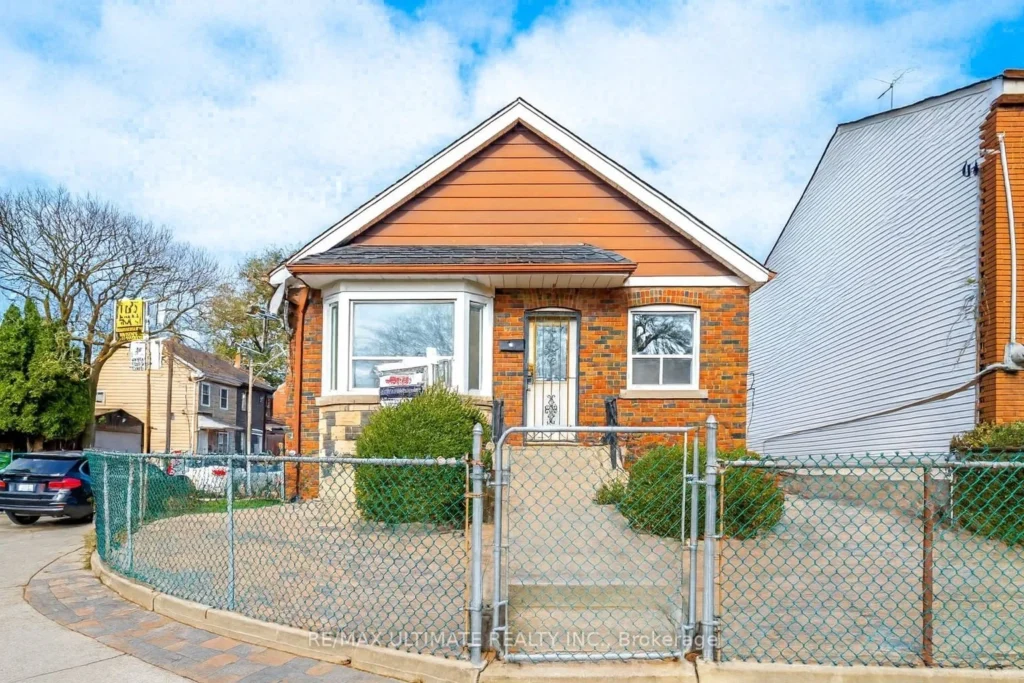Overview: a guide to estate sales and probate in Ontario, with information on probate law and advice on how to prevent it.

The very idea of making a will can be stressful, but even more stressful is the reality of probate.
That’s why I put together this guide.
It walks you through the process of estate sales and probate, provides simple definitions of everything you need to know, and offers advice on what to do and what to avoid.
So without wasting any words, let’s get straight to it.
What Is An Estate Sale?
Simply put, an estate sale is the sale of property belonging to a recently deceased person.
The word “estate” refers to property in general, such as furniture, appliances and artwork, and not just a place of residence.
While death is the most common reason for an estate sale, others include bankruptcy, retirement, divorce, moving or downsizing.
What Is A Trustee?

According to Ontario.ca:
Estate trustees are responsible for carrying out the wishes of the deceased person set out in the terms of the will (if there is one) and administering an estate in accordance with the law.
In short: a trustee is a person chosen by the deceased to carry out the terms of their will.
There can be multiple trustees named in a will, and their role can be performed by a spouse, child, friend or lawyer.
A trustee is sometimes referred to as an executor.
While the two terms are often used interchangeably, their roles can vary.
For example, it’s the executor’s responsibility to plan the deceased’s funeral and not the trustee’s.
What Happens If a Person Dies Without a Will?
If a person dies without a will, the court appoints an estate administrator.
The cost of an estate administrator is between 3-7% of the estate’s total value.
To make things easier for your loved ones, creating a will and picking a trustee is strongly recommended.
What Is Probate?

Probate is a legal process that confirms if a will is valid and that its executor has authority to manage and carry out its terms.
The more complicated a will, the more likely probate is needed.
Probate is required under the following circumstances:
- If a person dies without a will
- The will doesn’t name a trustee
- A dispute arises regarding the validity of the will or trustee
- A financial institution requests probate to release assets belonging to the deceased
How Long Does Probate Take?
The process of probate can take a very long time.
A trustee has 30 days to apply for probate after the death of the person who made the will.
Their application must include:
- An original copy of the will
- A copy of the death certificate
- A list of the beneficiaries named in the will
- An inventory of the deceased person’s assets and their value
The time required to process an application depends on the location.
For example, a probate application can take 4-6 months to process in Toronto.
Applications must also be filed at the court closest to the deceased person’s residence, so the process can’t be expedited by going to another court.
After the probate application is approved, the trustee will have 1 year to administer the estate.
In short, it can take up to a year and a half from probate to executing the terms of the will.
Probate Fees

Probate fees are also known as an Estate Administration Tax (EAT) in Ontario.
There is no Estate Administration Tax for estates worth $50,000 or less.
For estates over $50,000, the EAT is $15 for every $1,000.
Here’s how to calculate the tax for an estate worth $500,000:
- $0 for the first $50,000 of the estate
- $15 per $1,000 for the remaining $450,000 of the estate
- 450,000 ÷ 1,000 = 450
- 450 x 15 = 6,750
So the total EAT for a $500,000 estate would be $6,750.
Confused?
No problem. Just use Ontario’s official Estate Administration Tax calculator.
Other Probate Costs
Before applying for probate, trustees usually hire a lawyer who specializes in probate law.
The fee a probate lawyer charges depends on the size and complexity of the estate.
For example, a large estate with multiple properties in various countries will of course be more expensive than a small estate with one residence in Toronto.
Most probate lawyers charge an hourly rate of $150 to $500, while others charge a flat fee or receive a percentage of the estate’s value.
Besides legal fees, there are also application fees, certificate fees, and professional fees (e.g. hiring a property appraiser).
According to Sunlife, probate can cost up to 3-7% of the value of the estate.
In other words, probate is expensive, especially when property is involved.
Why & How To Prevent Probate

According to experts:
With the dramatic rise in Canadian real estate prices over the past two decades, this means that the estate administration tax (also known as probate fees) owing on that real property may be substantial.
For example, the probate fee on the average Toronto home would be $15,630!
And that fee doesn’t include other assets, such as stocks, mutual funds, collectibles etc
So probate can be very costly, especially when real estate is involved.
Another reason to avoid probate is that it’s not mandatory in Ontario.
Now that we know probate is a long, expensive and optional process, let’s discuss the ways to avoid it.
Create A Will And Add Specific Provisions
The first thing you should do is create a will and pick a trustee.
Next, you should add specific provisions to designate which assets go to which beneficiaries.
According to the Toronto-based LD Law:
You can also add provisions to your will to allow your assets to be transferred without probate.
For example, the will can designate that the family home goes to the oldest child.
These designations and provisions allow beneficiaries to bypass the probate process, thus saving them time and money.
Create A Living Trust

In simple terms, a living trust is a legal document created by a person which transfers their assets to a trustee while they’re still alive.
The person who creates the trust is known as “the settlor,” while the person who receives the assets is known as “the trustee.”
Assets can include cash, stocks, bonds, property and more.
There are two big advantages to a living trust.
First, it’s private (unlike a will, which becomes a public document after probate).
Second, a living trust allows assets to be passed on to beneficiaries without going through probate.
Co-Own Property
Finally, people can avoid probate through the joint or co-ownership of property.
There’s two different types of co-ownership: tenants in common and joint tenants.
According to MoneySense.ca:
Tenancy in common is a type of joint ownership often used by common-law spouses, couples in second marriages, or family or friends who own real estate together.
Instead of owning the whole property, tenants in common own different percentages or shares of a property.
For example, three tenants in common can own 50%, 35% and 15% of a property.
When one tenant in common dies, their share of the property becomes part of their estate.
Another option is joint tenants with a right of survivorship, or joint tenancy.
MoneySense explains:
Joint tenancy with right of survivorship is commonly used by married couples to own real estate, whereby spouses simultaneously own 100% of a property.
When one joint tenant dies, the surviving tenant inherits the entire property, which is why it’s called the right of survivorship.
By signing a joint tenancy agreement with a spouse, homeowners can leave property behind without the need for probate.
Probate Conclusion

While it may be necessary in certain cases, it can be avoided in others.
For example, homeowners can create a living trust or sign a joint tenant agreement to pass on property while bypassing probate.
This saves their spouse or beneficiaries both time and money, and makes it easier to sell the home.
Have questions about probate? Contact me below for answers.
Wins Lai
Real Estate Broker
Re/Max Ultimate Realty Inc., Brokerage
m: 416.903.7032
p: 416.530.1080
f: 416.530.4733
a: Trinity Bellwoods Office: 836 Dundas Street West., Toronto ON M6J 1V5
Bay Street Office: 1170 Bay Street., Suite 110, Toronto ON M5S 2B4w: www.winslai.com e: wins@winslai.com
*Top Producer for 8 consecutive years – 2017 to 2024


